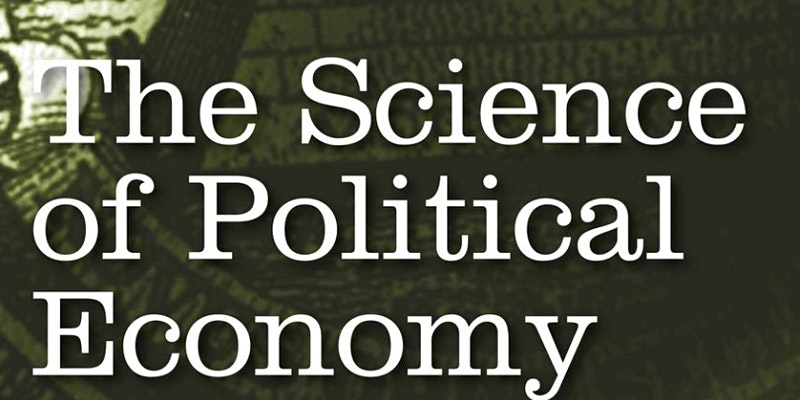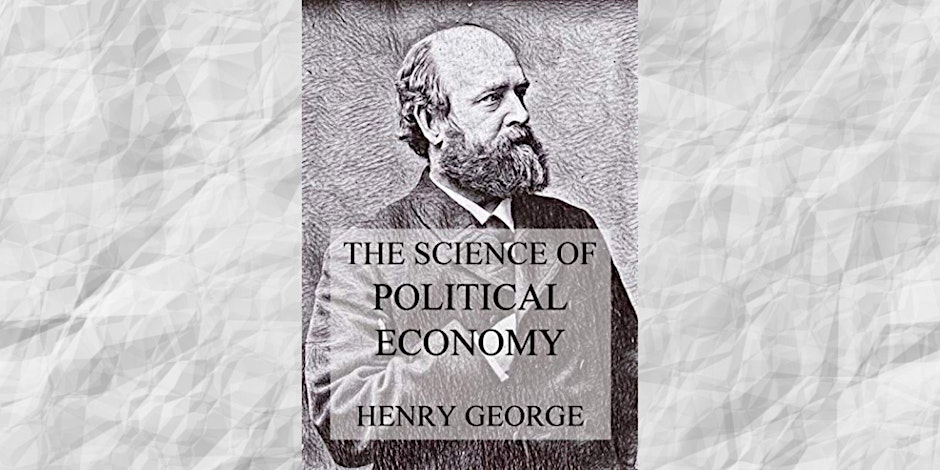THE SCIENCE OF POLITICAL ECONOMY BEFORE AND AFTER HENRY GEORGE
Join us as we investigate the field of political economy with an eye to establishing the subject on a scientific foundation. This 10-lesson course divided in two parts will examine early moral and ethical teachings on land followed by a discussion of George’s contribution and legacy. We will also evaluate the responses from George’s contemporaries and beyond.
The instructor, Dan Sullivan, is a Georgist scholar, former President of the Council of Georgist Organizations (CGO), and Director of Saving Communities, a Pennsylvania based association that promotes fiscal integrity and economic justice.
Part one: Moral and Ethical Teachings on Land prior to George
Dates : Part 1: Mondays: 10/18, 10/25, 11/1, 11/8, 11/15; from 6:30PM to 8:00PM
Lesson one: Ancient and biblical teachings.
Lesson two: Power over reason, from common law to degenerate feudalism.
Lesson three: North America: Colonists, natives and exceptionalism
Lesson four: Reason over power: The enlightenment
Lesson five: How Marx derailed the left and saved the landed aristocracy
Part two: Responses to George
Dates : Mondays: 1/3, 1/10, 1/24, 1/31 , 2/7; from 6:30PM to 8:00PM
Lesson one: George’s immediate predecessors and contemporaries
Lesson two: Marxists and monopolists attack
Lesson three: The great debacle: income tax and the Federal Reserve
Lesson four: Redefining the terms (Orwellian economics)
Lesson five: Identity politics as the enemy of reform.
A link to join the online course will be provided via email before the start of the first session.



